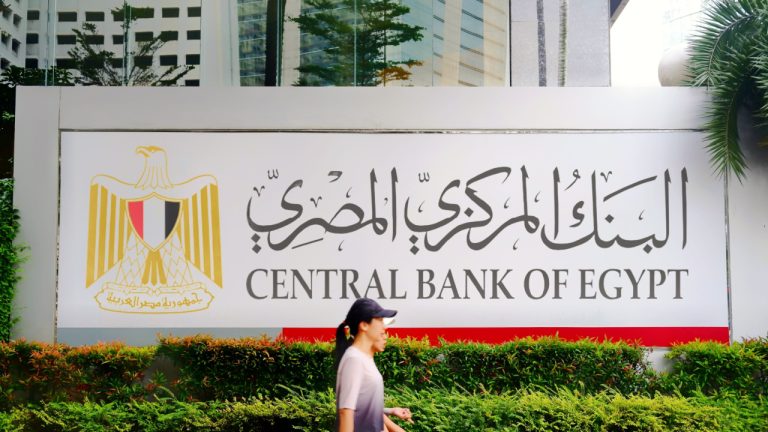Egypt Aims to Ease Pressure on Forex Reserves via $1 Billion Treasury Bill Auction
Publikováno: 6.2.2024
 Barely a month after raising $850 million from an auction of dollar-denominated treasury bills, the CBE was reportedly poised to raise $1 billion via similar instruments. The decision to hike overnight interest is said to be part of the central bank’s ongoing efforts to stabilize Egypt’s teetering economy. Easing Pressure on the Egyptian Pound On […]
Barely a month after raising $850 million from an auction of dollar-denominated treasury bills, the CBE was reportedly poised to raise $1 billion via similar instruments. The decision to hike overnight interest is said to be part of the central bank’s ongoing efforts to stabilize Egypt’s teetering economy. Easing Pressure on the Egyptian Pound On […]

Barely a month after raising $850 million from an auction of dollar-denominated treasury bills, the CBE was reportedly poised to raise $1 billion via similar instruments. The decision to hike overnight interest is said to be part of the central bank’s ongoing efforts to stabilize Egypt’s teetering economy.
Easing Pressure on the Egyptian Pound
On Feb. 5, the Central Bank of Egypt (CBE) was poised to auction dollar-denominated treasury bills (TB) worth $1 billion. This move is said to be part of the CBE’s ongoing efforts to stabilize Egypt’s teetering economy. The TB auction reportedly aims to alleviate the pressure on the country’s foreign exchange reserves.
Before this latest auction, the CBE had already sold more one-year TBs worth $850 million in December 2023. Despite these measures, the Egyptian pound continues to face challenges.
Just days before the TB auction, the CBE raised overnight interest rates by 200 basis points. As a result, the lending rate surged to 22.25%, while the deposit rate reached 21.25%. Interest rates were hiked to curb inflation and stabilize the economy. The decline in Egypt’s headline inflation rate to 33.7% indicates some success in the CBE’s efforts, a report in the Middle East Economy said.
As reported by Xhinua, the pound’s parallel market exchange rate versus the greenback briefly touched a record low of EGP75 for every dollar. The currency’s official exchange rate versus the dollar has remained at EGP31:USD1.
Meanwhile, the reports on the funding agreement between Egypt and the International Monetary Fund (IMF) are believed to have spurred the pound’s resurgence in early February. For instance, a Feb. 5 Alarabiya News report attributes the pound’s nearly 40% gain versus the dollar to claims that Egypt and the IMF have agreed to expand the scope of the former’s program from $3 billion to $10 billion.
#EgyptWatch
: NO MONEY SUPPLY CONTROL = NO INFLATION CONTROL.
The Central Bank of Egypt confirmed the money supply (M2) grew 19.92% in 2023. That's way above Hanke's Golden Growth Rate of 7.3-11.3%, a rate consistent with hitting Egypt’s 5%/yr – 9%/yr inflation target.
No…
— Steve Hanke (@steve_hanke) February 4, 2024
Despite the hope brought by the news of the country’s agreement with the IMF, critics of the Egyptian government like Steve Hanke, a professor at the Johns Hopkins University, believe the country is not yet on the mend. To support this point of view, Hanke, in one of his posts on X, cites Egypt’s inflation rate which he placed at 139%. In other posts, Hanke also points to Egypt’s high debt as one of the reasons he is less sanguine about the country’s prospects.
Register your email here to get a weekly update on African news sent to your inbox:
What are your thoughts on this story? Let us know what you think in the comments section below.